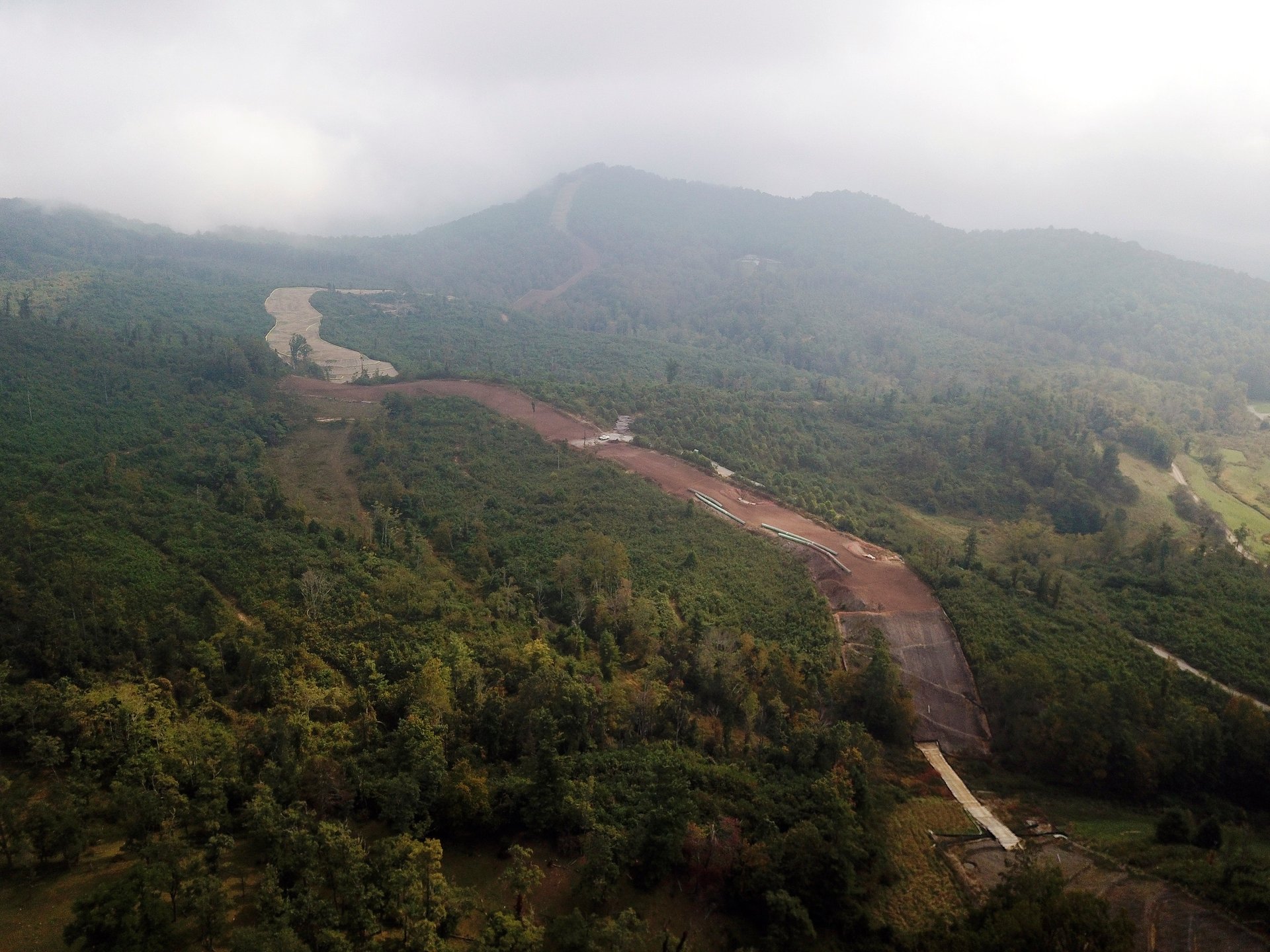A lot of CEOs are fine with lower returns on climate-friendly investments
Chief executives' climate change goals have seen mixed success, a new global survey shows

Chief executives are so concerned about climate change that four out of 10 now accept lower returns on investments that help fight the problem. That’s one of the key findings from PwC’s latest Global CEO Survey, which takes the temperature of business execs’ top priorities every year.
Suggested Reading
Over the next three years, one-third of surveyed CEOs expect climate change to alter how their organization creates, delivers, and captures value. That’s way up from less than a quarter of respondents who said the same in the annual survey’s previous five installments. “This may partly explain why 41% of CEOs, including over half of those at chemical companies, say their companies have set lower hurdle rates for climate-friendly investments than for other investments,” PwC notes.
CEOs in the Asia-Pacific region are more likely than their peers elsewhere to stomach lower returns, despite the fact that they’re no less likely than the larger group to report feeling highly or extremely exposed to climate change.
When it comes to climate-friendly investments, just how low are CEOs willing to go? For the vast majority of those who said they’d accepted weaker returns from such ventures over the previous 12 months, the discount compared to other investments was 1% to 6%. However, almost one in five said they’d taken a markdown north of 6%.
For CEOs, a climate change disconnect
Ironically, CEOs don’t seem to consider climate change a major hazard to their business. Just 12% ranked it as a key threat for 2024, compared to 24% who flagged inflation and macroeconomic volatility, the top two risks identified in the survey.
At the same time, chief executives admit their climate change goals have seen mixed success. About two-thirds said they’re in the midst of efforts to improve energy efficiency, with another 10% reporting that such initiatives are complete. Roughly half of respondents described climate-friendly products and services as a work in progress. On both counts, CEOs in Western Europe are more likely to be ahead.
As for other climate action, many CEOs are rudderless. “For example, fewer than half of all respondents have incorporated climate risk into financial planning—and nearly one-third have no plans to do so,” the report adds.
That could be because CEOs have already factored in the climate risk from recent severe weather events, but failed to weigh climate change’s long-term impact, PwC reckons. Another possible explanation: Preoccupied with what’s happening inside their own companies, they aren’t fully considering the interdependencies of their supply chains.
The CEOs surveyed were also unlikely to have plans to upskill or reskill their workforce for a net-zero economy, or to invest in nature-based climate solutions. The latter is a sticking point for PwC, which estimates that 55% of global GDP—some $58 trillion—is moderately or highly dependent on nature.
For its 27th annual survey, PwC polled 4,702 chief executives in 105 countries and territories. The respondents included 4,088 men, 521 women, and 93 who identified with another gender or preferred not to say.
